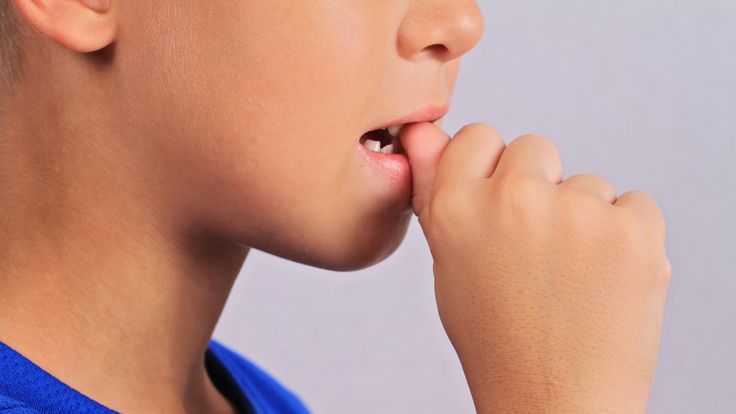- . Nail Biting and Anxiety
Biting nails often starts as a way to cope with boredom or stress during childhood. While it may seem harmless, this habit can follow you into adulthood as a sign of anxiety or perfectionism. Adults who bite their nails tend to struggle with nervousness, impatience, or an unconscious need for comfort during tense moments.
- Doing Chores Early
Learning to do chores as a child can shape responsibility, independence, and time management. Adults who started doing chores early often grow into dependable and organized individuals. However, when chores were forced or used as punishment, they can cause resentment or burnout in adulthood.
- Sedentary Behavior
Children who spend most of their time watching TV or playing video games without physical activity may carry those habits into adulthood.This sedentary lifestyle can lead to health issues like obesity, fatigue, and poor posture. It also reduces motivation and can influence how one handles stress or goals later in life.
- Chronic Stress in Childhood
Constant exposure to stress—such as pressure from parents, bullying, or financial struggles—can affect how the brain handles emotions. Adults who grew up under chronic stress often battle overthinking, anxiety, or low self-esteem. They might also have trouble trusting others or relaxing even when life is stable.
- Sucking on a Pacifier for Too Long
Though pacifiers comfort babies, using them for too long can affect dental growth and emotional independence. Adults who relied heavily on pacifiers or comfort objects may develop emotional dependency or struggle to self-soothe during tough situations.
- Growing Up in a Broken Family
One of the most powerful influences is the environment we grow up in. Children from broken families often mature faster, becoming emotionally strong but sometimes guarded. In adulthood, this may show up as fear of commitment, trust issues, or people-pleasing tendencies. However, many also turn this pain into purpose—choosing to build healthy relationships and stable homes of their own.
Childhood habits shape the way we think, act, and respond to life. Whether good or bad, they are the foundation of our adult patterns. Recognizing these influences is the first step to healing and growth. By understanding where our behaviors come from, we can consciously choose healthier, happier paths forward.



